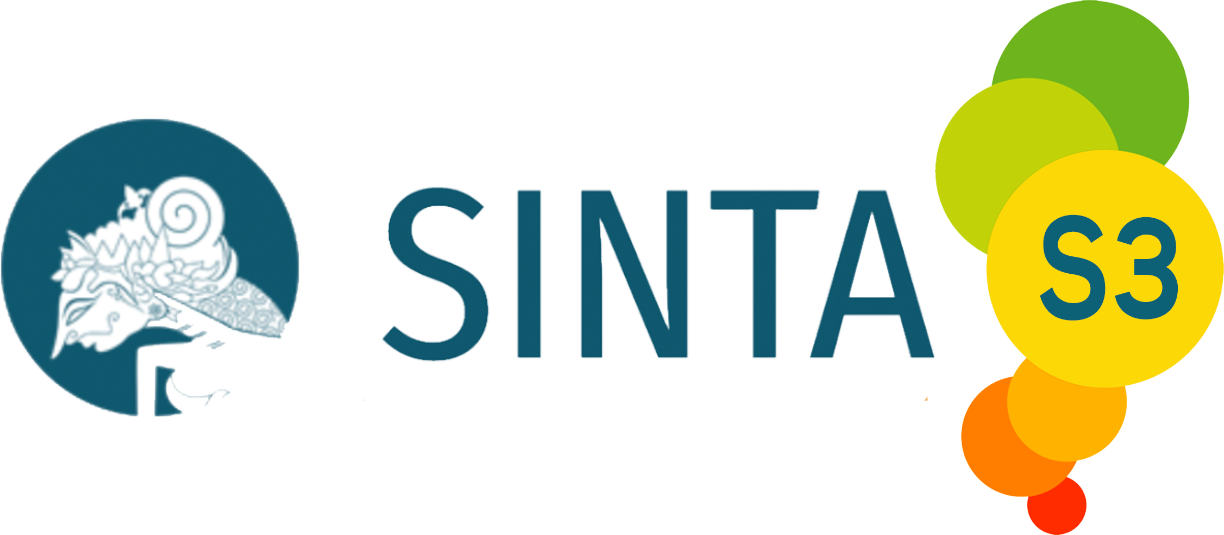Role of education towards environmental management: Case study Goma Junior High School DR Congo
Mwisha Chinyhabuuma, Uplift A Child of Congo, Congo, the Democratic Republic of the
Abstract
Research aims to understand the rule of education in Goma Junior High School, to understand the level of environmental management, and relationship between education and environmental management. This research employed a mixed method which is quantitate and qualitative. Technique to gather non-numerical data, the researcher utilized a qualitative data collection approach. The results show that environmental education helps students improve their living, study through tree planting, waste management, good environmental management in the school farm and increase number of environmental management ambassadors in the community. The students have a moderate level of understanding on environmental issues and concerns while the rest of the students either have very good or good in understanding environmental management issues. Moreover, students are at the knowledge and understanding A to A continuum level while the list is in the problem-solving skills level of the A to A continuum phase. Students become more responsible in matters dealing with environmental management such as planting tree, keeping their living environment clean and attractive, and managing waste well.
Penelitian ini bertujuan untuk mengetahui bagaimanakah aturan pendidikan di Sekolah Menengah Pertama Goma, untuk memahami sistem pengelolaan lingkungan, dan memahami hubungan antara pendidikan dan pengelolaan lingkungan di Sekolah Menengah Pertama Goma, DR Congo. Penelitian ini menggunakan metode campuran yaitu kuantitatif dan kualitatif. Pengumpulan data nonnumerik menggunakan pendekatan pengumpulan data kualitatif. Hasil penelitian menunjukkan bahwa pendidikan lingkungan membantu siswa meningkatkan taraf hidup, belajar melalui penanaman pohon, pengelolaan sampah, pengelolaan lingkungan yang baik di sekolah pertanian dan meningkatkan jumlah duta pengelolaan lingkungan di masyarakat. Sebagian besar siswa memiliki tingkat pemahaman yang moderat tentang masalah dan masalah lingkungan, sedangkan siswa lainnya memiliki pemahaman yang sangat baik atau baik dalam masalah pengelolaan lingkungan. Siswa berada pada pengetahuan dan pemahaman tingkat kontinum A ke A sedangkan daftar berada pada tingkat keterampilan pemecahan masalah dari tahap kontinum A ke A. Mahasiswa menjadi lebih bertanggung jawab dalam hal-hal yang berhubungan dengan pengelolaan lingkungan seperti penanaman pohon, menjaga lingkungan hidup tetap bersih dan menarik, serta mengelola sampah dengan baik.
Keywords
Full Text:
PDFReferences
Ardeshana, B. (2015). The Role of Education in Saving Environment. 2(2), 48–51.
Ardoin, N. M., Bowers, A. W., & Gaillard, E. (2020). Environmental education outcomes for conservation: A systematic review. Biological Conservation, 241, 108224. https://doi.org/10.1016/j.biocon.2019.108224
Bangay, C. (2016). Protecting the future: The role of school education in sustainable development – an Indian case study. International Journal of Development Education and Global Learning, 8(1), 5–19. https://doi.org/10.18546/ijdegl.8.1.02
Beames, S. (2017). Innovation and outdoor education. Journal of Outdoor and Environmental Education, 20(1), 2–6. https://doi.org/10.1007/BF03400997
Eneji, C.-V. O., Akpo, D. M., & Etim, E. A. (2017). Historical Groundwork for Environmental Education (Fundamentals and Foundation of Environmental Education). International Journal of Continuing Education and Development Studies (Ijceds), 3(May), 110–123.
Fraser, B. J. (2015). Environments for Education. In International Encyclopedia of the Social & Behavioral Sciences: Second Edition (pp. 820–823). Elsevier Inc. https://doi.org/10.1016/B978-0-08-097086-8.92077-4
Heale, R., & Twycross, A. (2015). Validity and reliability in quantitative studies. Evidence-Based Nursing, 18(3), 66–67. https://doi.org/10.1136/eb-2015-102129
Hume, T., & Barry, J. (2015). Environmental Education and Education for Sustainable Development. In International Encyclopedia of the Social & Behavioral Sciences: Second Edition (pp. 733–739). Elsevier Inc. https://doi.org/10.1016/B978-0-08-097086-8.91081-X
Hungerford, H. R., & Volk, T. L. (2013). Changing Learner Behavior Through Environmental Education. The Journal of Environmental Education, 21(3), 8–21. https://doi.org/10.1080/00958964.1990.10753743
Mattoo and Subramanian. (2014). Stockholm Environment Institute Report Part Title : REFERENCES Report Title : Governing the transition away from fossil fuels : Report Subtitle : The role of international institutions Report Author ( s ): Harro van Asselt Published by : Stockholm Environ. https://doi.org/10.1073/pnas.1107409108.Dubash
McBeth, W., & Volk, T. (2011). The national environmental literacy project: A baseline study of middle grade students in the United States. Journal of Environmental Education, 41(1), 55–67. https://doi.org/10.1080/00958960903210031
Moore, F. (2017). Qualitative Design Options for a Study. March. https://doi.org/10.13140/RG.2.2.21925.29925
Moore, H. L. (2015). Global Prosperity and Sustainable Development Goals. Journal of International Development, 27(6), 801–815. https://doi.org/10.1002/jid.3114
Muttarak, R., & Lutz, W. (2014). Is education a key to reducing vulnerability to natural disasters and hence unavoidable climate change? In Ecology and Society (Vol. 19, Issue 1). The Resilience Alliance. https://doi.org/10.5751/ES-06476-190142
DOI: https://doi.org/10.21831/jipsindo.v8i1.39474
Refbacks
- There are currently no refbacks.

This work is licensed under a Creative Commons Attribution-NonCommercial 4.0 International License.
.png)
JIPSINDO (Jurnal Pendidikan Ilmu Pengetahuan Sosial Indonesia)
ISSN: 2355-0139 (Print) | 2615-7594 (Online)
Published by: Universitas Negeri Yogyakarta
Website: https://journal.uny.ac.id/index.php/jipsindo
Email: jipsindo@uny.ac.id










